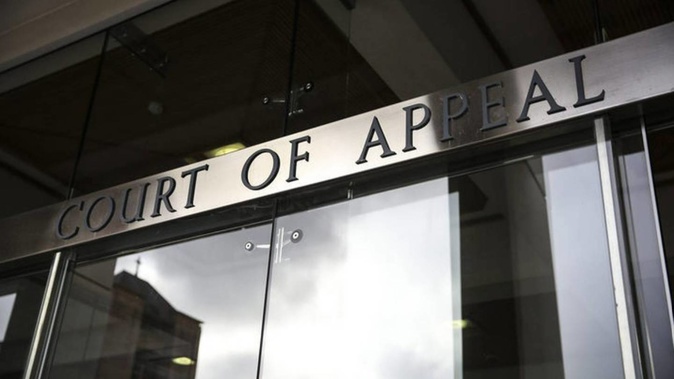

A man convicted of strangling his wife and threatening to kill her with a hammer claims a language barrier limited his understanding of the charges he faced and he was forced to plead guilty by the "illegitimate" actions of his lawyer.
But for the second time, Sharanjeet Singh's attempt to appeal the convictions has been knocked back.
His court battles follow a domestic dispute that occurred after Singh accused his wife of infidelity.
In front of their teenage son and the woman's mother, Singh applied pressure to his wife's neck to the point she thought she was going to lose consciousness.
After being pulled off the woman, Singh confronted her again, this time with a hammer, and threatened to kill her before being disarmed.
The woman suffered bruising and scratches to her neck which were documented in photographs taken by police.
The son and woman's mother provided statements corroborating her account of what had occurred, but when spoken to by officers Singh denied the offending.
However, following a sentence indication in Manukau District Court, he signed a written instruction stating he wished to accept the indication and pleaded guilty to assault and threatening to kill.
An application to be discharged without conviction was later declined and he was sentenced to 120 hours' community work and eight months' supervision.
But after he was sentenced, Singh turned to the High Court to appeal his convictions.
He claimed his guilty pleas were the product of language difficulties resulting from him not having access to an interpreter, and that he was induced into pleading guilty by the illegitimate actions and influence of his lawyer.
His appeal was dismissed with the High Court ruling Singh understood English and no misunderstandings had arisen from any language difficulties.
The court also determined Singh made a free and voluntary decision to enter guilty pleas which was not vitiated by any counsel error or misconduct.
He has now made an application to the Court of Appeal for leave to bring a second appeal against his convictions.
The Crown opposed, submitting Singh was seeking to re-litigate factual findings made by the High Court.
Singh argued the High Court erred in finding that his counsel had properly followed his instructions and in concluding that he was "well conversant in English".
Leave to bring a second appeal can only be granted if it involves a matter of general public importance, or a miscarriage of justice may have occurred, or may occur, unless the appeal is heard.
In its decision, released today, the Court of Appeal ruled Singh's case did not meet that threshold.
"There was a wealth of evidence available to the High Court to conclude that Mr Singh made an informed decision to plead guilty to the charges, and knowingly and voluntarily instructed his counsel to proceed on that basis," it said.
The application was declined.
Take your Radio, Podcasts and Music with you









